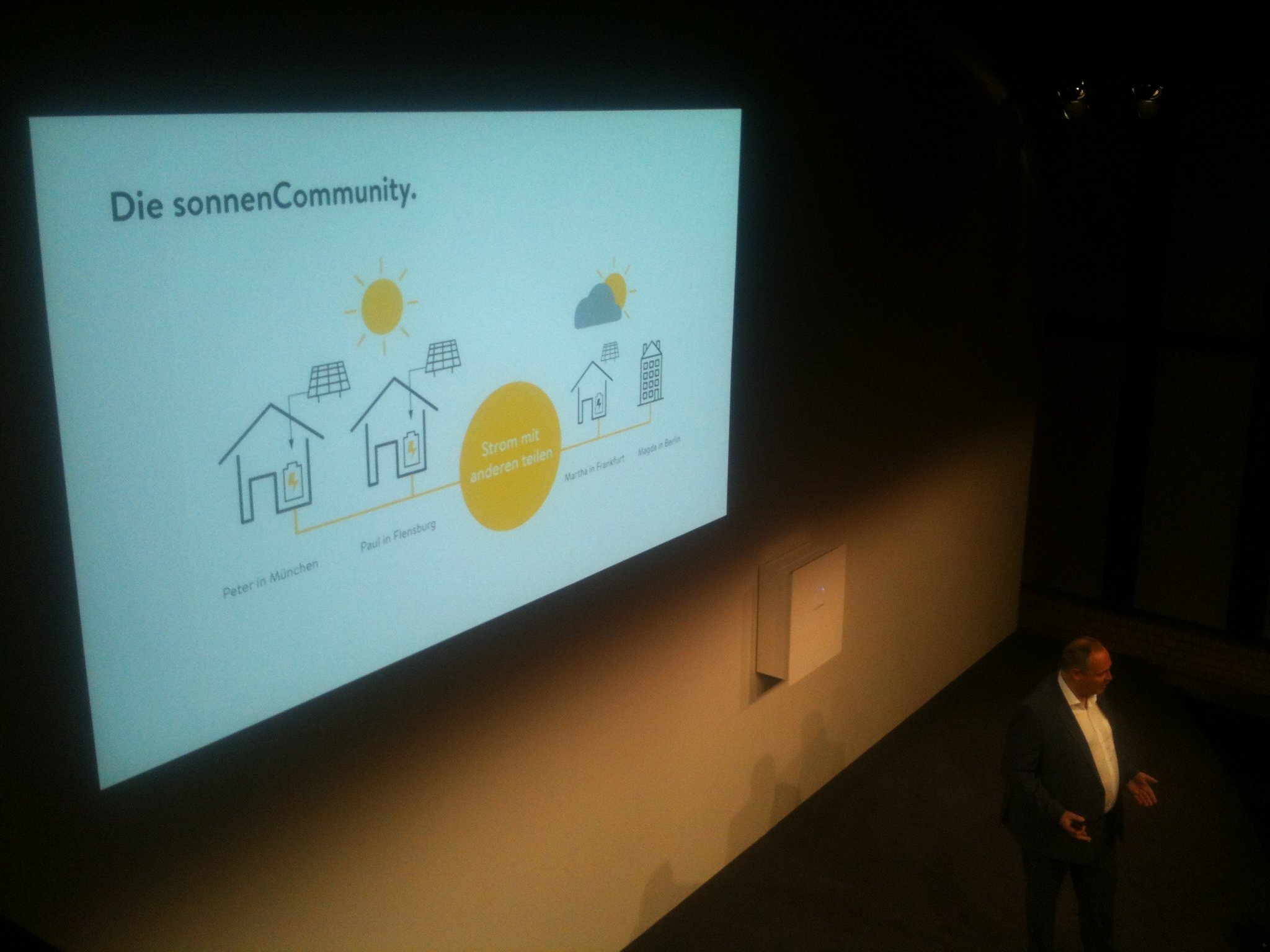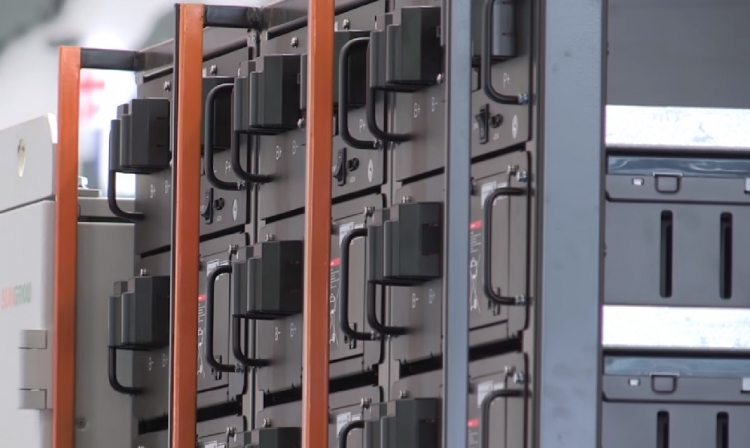
Australia’s strong and ongoing potential for energy storage paired with solar PV has seen international and domestically-headquartered companies race to gain market share.
China-headquartered global solar inverter supplier Sungrow and domestically-headquartered battery storage company RedEarth Energy Storage have been among those sending releases and announcements to international press to coincide with the All-Energy Australia trade show taking place last week.
Enjoy 12 months of exclusive analysis
- Regular insight and analysis of the industry’s biggest developments
- In-depth interviews with the industry’s leading figures
- Annual digital subscription to the PV Tech Power journal
- Discounts on Solar Media’s portfolio of events, in-person and virtual
Targeting further residential gains, Sungrow struck a 100MW distribution partnership agreement with Australian distributor Prosun Solar, with the deal apparently signed and confirmed at the show last week.
The inverter company claims to already have more than a 10% share of the Australian residential market and is looking to deliver products that include user-friendly residential hybrid inverters, and all-in solutions that include battery as well as hybrid inverter. This enables “not only maximum yields but also optimum charging and discharging capabilities,” the company, which showed off a range of PV inverters from 2kW for 10kW for household use at the show, claimed.
On top of that, in addition to its range of commercial PV inverters including the 1500Vdc string inverter SG250HX, Sungrow also showcased the ST556kWh-200UD energy storage system (ESS) solution, developed through its joint venture (JV) company, Sungrow-Samsung SDI.
Meanwhile, locally-headquartered company RedEarth Energy Storage said a few days ago that it has attained approval for its product the SunRise Home Battery system, from the country’s national Clean Energy Council.
This makes it the first product on the Council’s approved list of all-in-one battery energy storage system (BESS) inverters to be made by an Australia headquartered company and manufactured within the country. This makes the outdoor-rated plug 'n' play battery system eligible for “all government grant and subsidy programmes,” RedEarth said in a release.
Indeed, approval puts RedEarth onto a long list populated with international inverter players including Enphase, Fronius, Flextronics, Senec, Growatt and others. Meanwhile the CEC also approves PV modules and also battery energy storage systems, with international names from places like South Korea, China, Germany and the US prevalent such as Alpha ESS, LG Chem, BYD, Pylon Technologies (Pylon Tech), Sonnen, SolaX, Tesla, Varta and Sungrow among the other CEC-approved lithium battery system vendors.
The approved list is also joined in Australia’s market by recently introduced fire safety standards, brought in by national body Standards Australia. While these were criticised by some for being very strict, especially in terms of siting lithium batteries in households, CEC approval can help some of those barriers to be overcome.
UK solutions provider and utility supplier company Social Energy launched its own Australia operations over the past couple of weeks around the All-Energy Australia show in Melbourne, but appears to not yet be featured on the CEC list with its Duracell-branded battery systems. Energy-Storage.news reached out to Social Energy for comment but had not yet received a reply ahead of publication.
Finally, there is great emphasis being placed on domestically-assembled or manufactured content in the Australian market. This has led to companies including Sonnen and Senec from Germany setting up assembly plants in South Australia in particular. RedEarth touted earlier this month that it too has now attained ‘Australian Made’ accreditation.0







